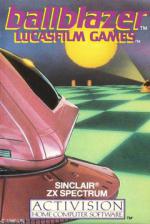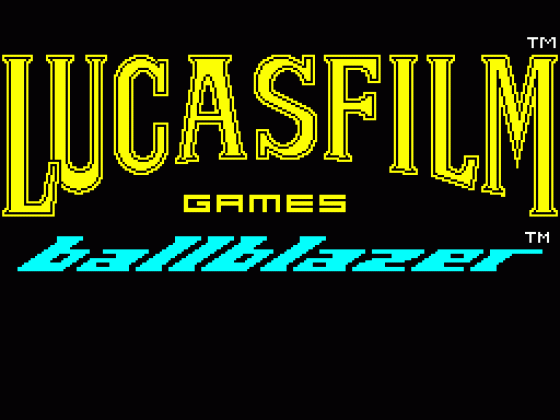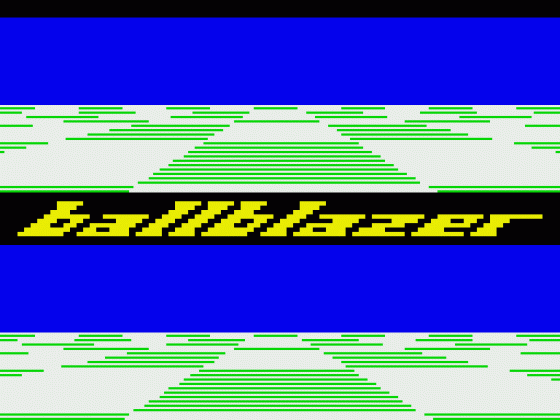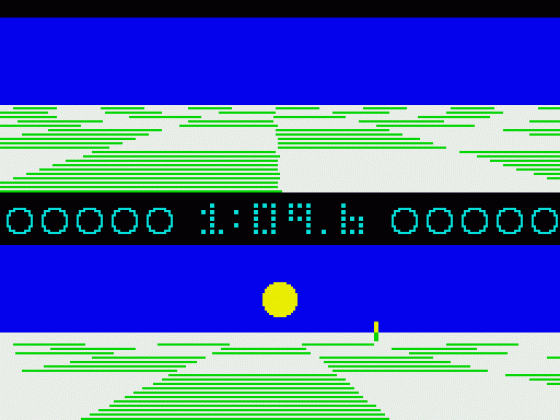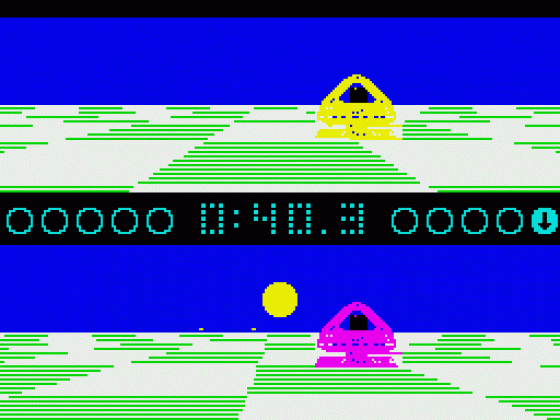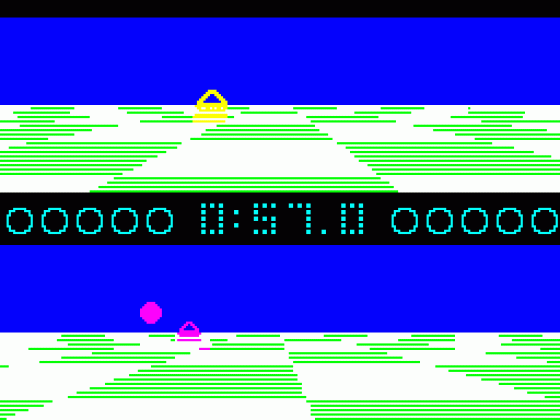Other Reviews Of Ballblazer For The Spectrum 48K/128K
Ballblazer (Activision)
A review by (Crash)
Ballblazer (Activision)
A review by Rick Robson (Your Sinclair)
Ballblazer (Activision/Lucasfilm)
A review
Ballblazer (Activision/Lucasfilm)
A review


 11th April 1986
11th April 1986